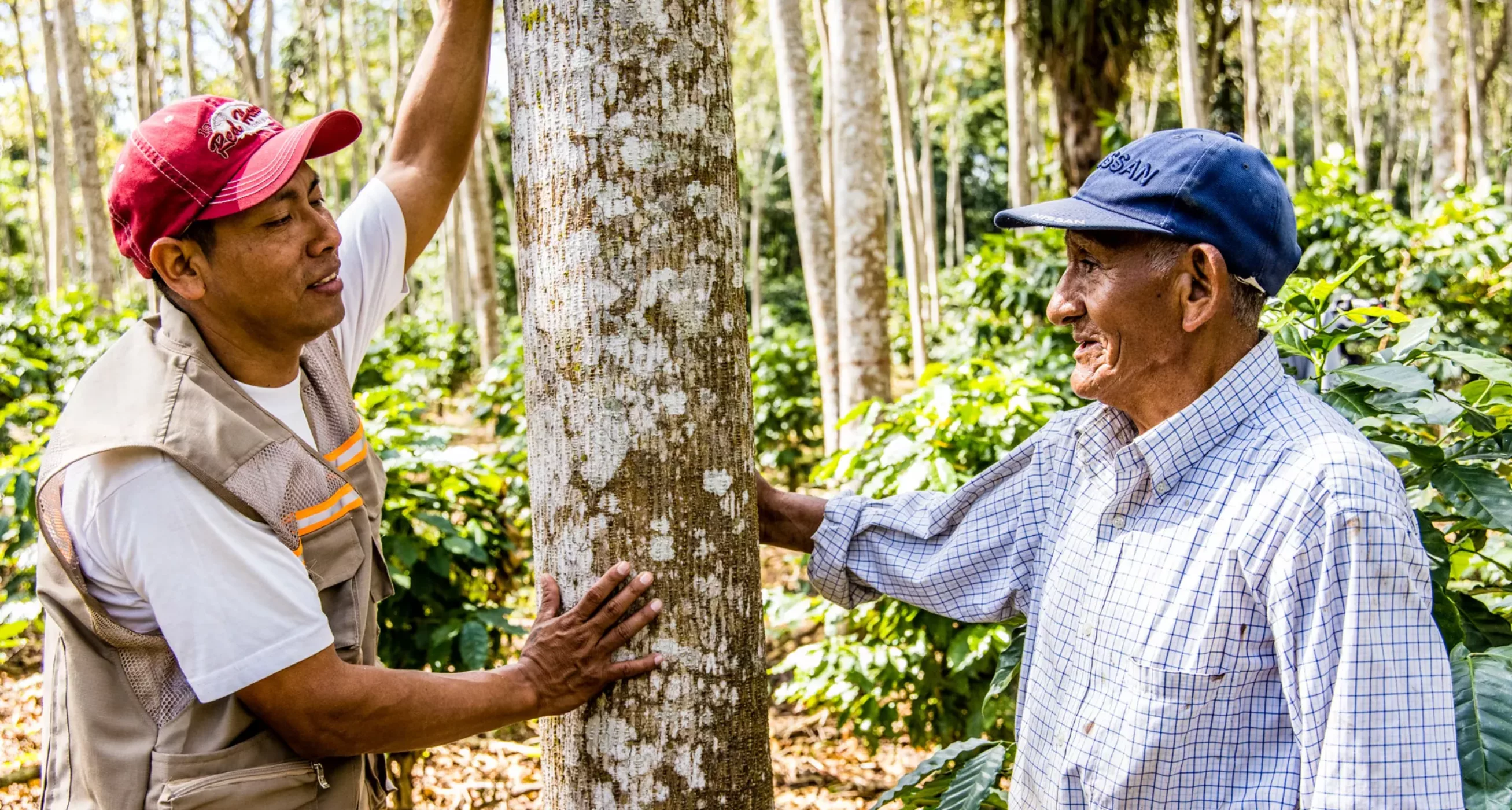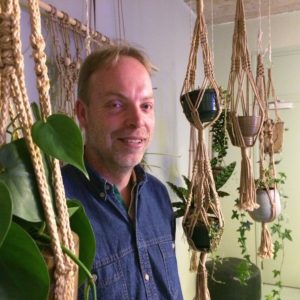Bolivia
Together with our partner Sicirec, we fight further deforestation in the Amazon. We help local farmers with sustainable land use to improve their living conditions and to protect forests.

Together with our partner Sicirec, we fight further deforestation in the Amazon. We help local farmers with sustainable land use to improve their living conditions and to protect forests.
trees planted
tonnes of CO2 compensated
ha of forest
people who have work & income
people in total benefiting from the project
During the last few decades, the landscape and land use in the Bolivian lowlands has changed drastically. Due to the closure of mines in the highlands, many Bolivians lost their jobs. The government encouraged them to move to the lowlands to start farming.
These so-called highlanders were not familiar with their new environment. For this reason, they employed farming methods that were not fit for the lowlands. Slowly but surely, more deforestation took place to create space for livestock. Moreover, many farmers of old were used to growing a single crop, such as cassava, rice, coffee or citrus. Because of such monoculture plantations the soil gets depleted and the risk of (insect) plagues increases.
The consequences for humankind, animals and nature are vast. Because of the disappearance of forest, the soil washes away easily. Various plants and animals have lost their habitat. Lastly, the farmers find themselves in a precarious financial situation.
Trees for All wants to halt further deforestation of the Amazon. That is why we have been supporting the ArBolivia project from our partner Sicirec since 2008. With this project, we motivate local farming families to shift their practices towards climate resilient agroforestry. Sicirec helps the farmers to plant combinations of indigenous trees and crops such as coffee and cocoa on their land. This is a sustainable and climate friendly alternative to monoculture plantations.
Planting trees in this area is good for climate and biodiversity reasons and provides an improvement to farmers’ financial position. Trees store CO2, help counter global warming, improve water retention in the soil and improve the quality of the soil. In addition, the mix of trees and crops attracts various animals such as macaws, boars and bats.
Trees also provide socio-economic benefits for farmers. The indigenous trees provide shade which improves the quality of the coffee and cocoa. As a result, the market value of the products increases.
Moreover, in the future it will be possible to harvest wood from the farmers’ forest plantations. This opportunity provides them with extra income. The harvesting of wood will take place in a sustainable manner that allows for trees to grow back so that the farmers’ land still includes forest. This approach is also known as farmer managed natural regeneration. Young twigs on the trees are pruned, which allows for a new tree to grow back.
In this way, trees provide economic value for the local community. This contributes to their drive and motivation to protect the forests long term. After all, an increase of income means a better future for one’s children and the generations after them. And it gives local people a reason to stop deforestation.
We offer the amount of CO2 that trees store to our donors as carbon offset. The ArBolivia project has been approved by Plan Vivo.
Plan Vivo is an international standard for carbon offset that is oriented towards local communities. The standard guarantees carbon sequestration, sustainable land management, protection of biodiversity and improved living conditions for local communities.
Thanks to new CO2-donations, we can train even more farmers in sustainable forest management. In this way, we hope to plant many more climate-resilient forest plots!
The planting takes place in four different departments in Bolivia: Santa Cruz, La Paz, Beni and Cochabamba.
The project is managed by our Bolivian project partner, Sicirec, in close cooperation with the farming families. Sicirec has coordinated the ArBolivia project since 2007, with the goal of countering further deforestation in the Amazon. A valuable partner that we are very happy to support with donations to reach this goal.

“Smallholder farmers are often regarded as the cause of deforestation. We show that it is precisely those farmers who are the first to experience the effects of deforestation, and as soon as they get the chance they are prepared to tackle big climate problems by planting trees.”
— Anko Stilma, Dutch forestry expert and one of the initiators of project ArBolivia